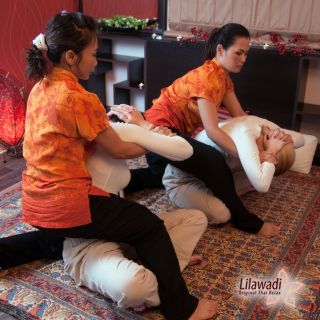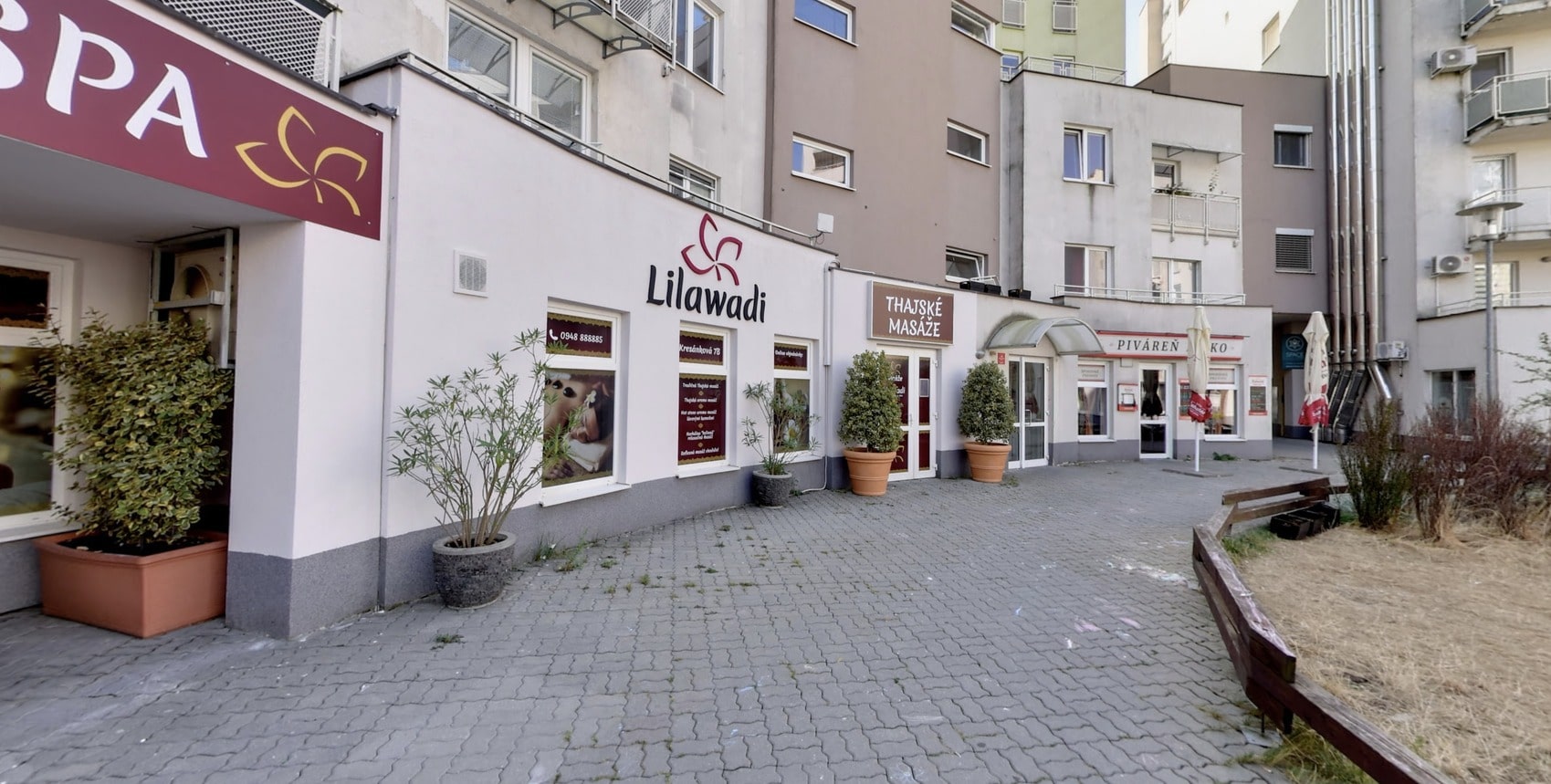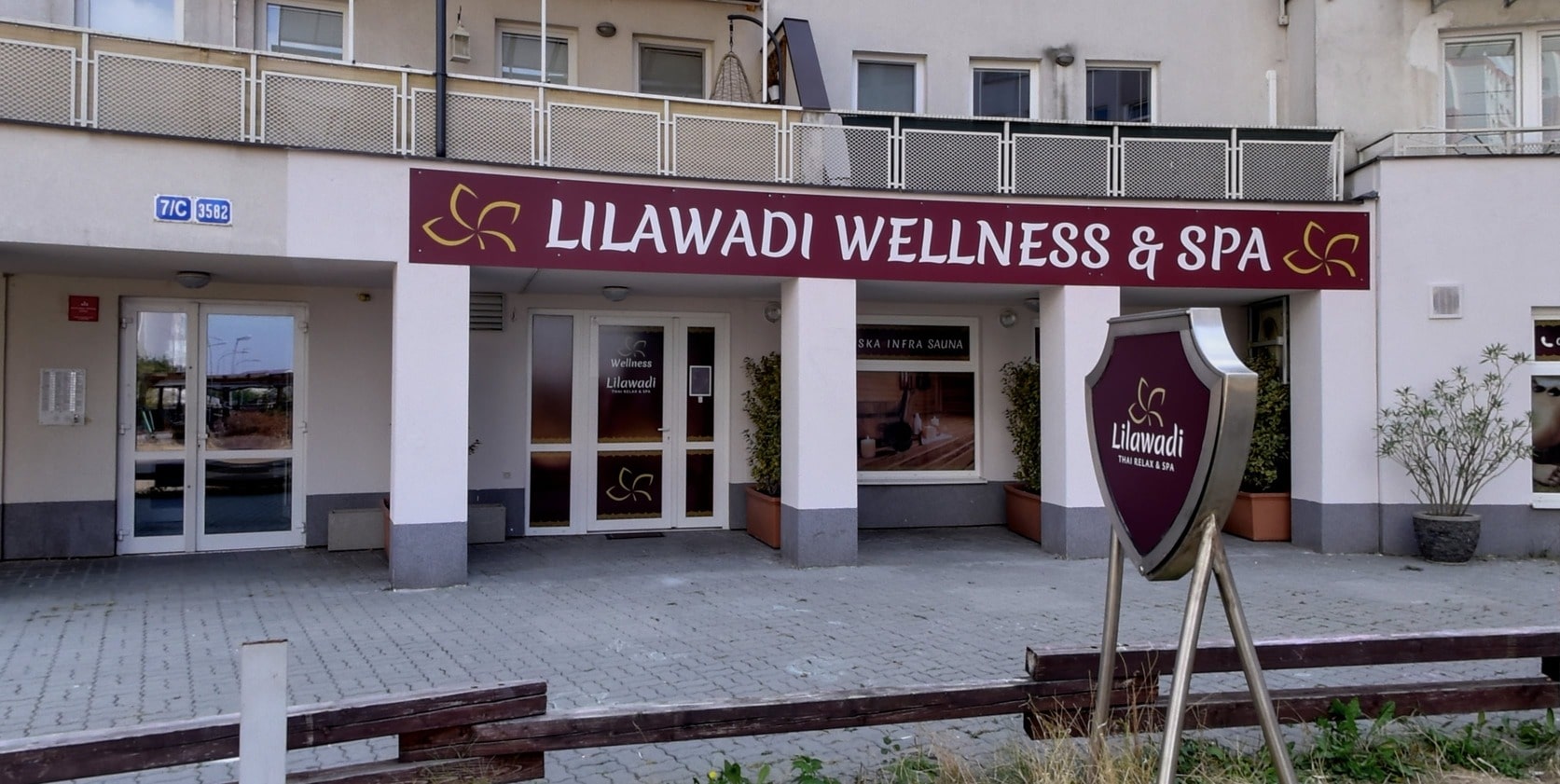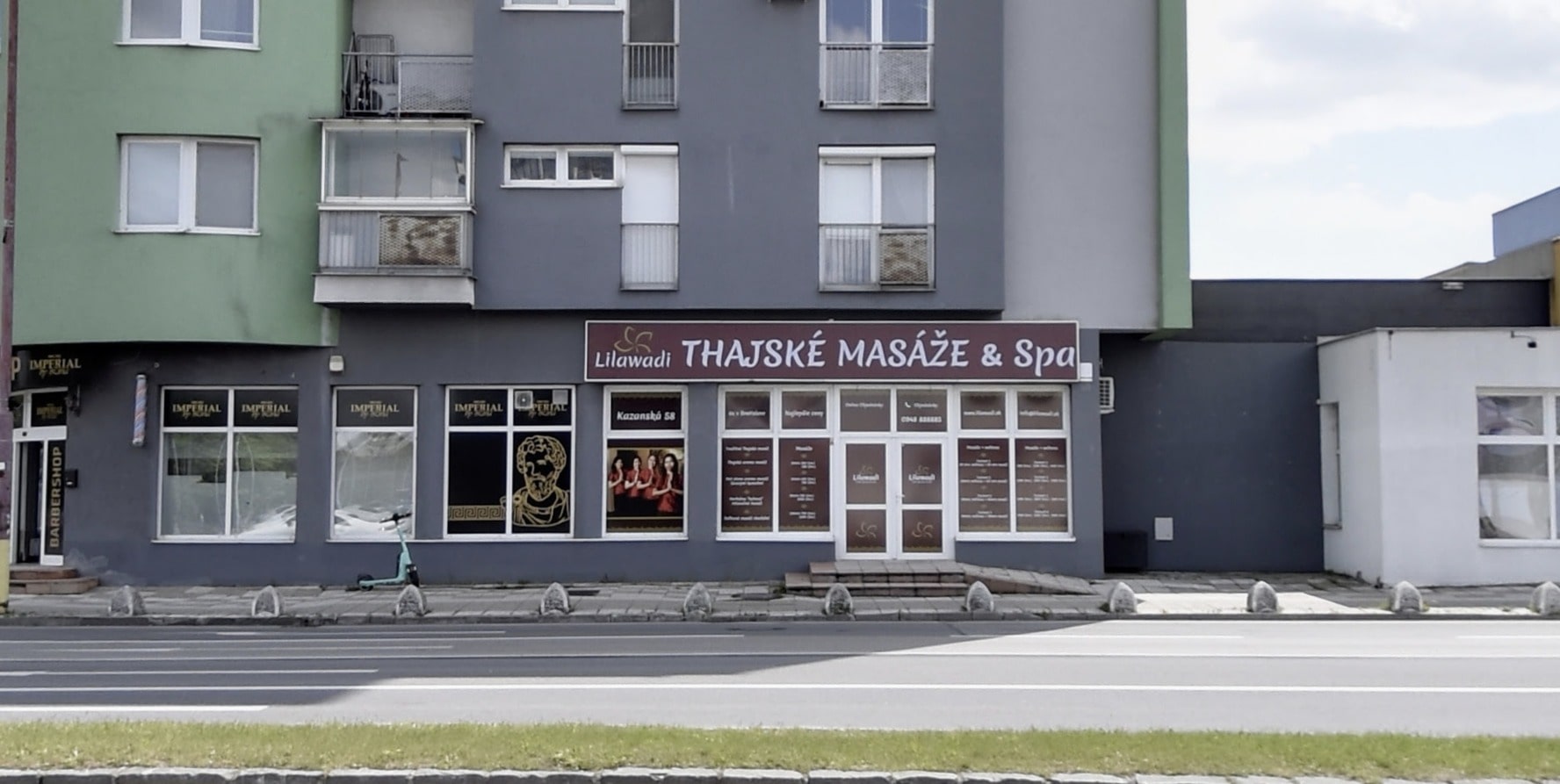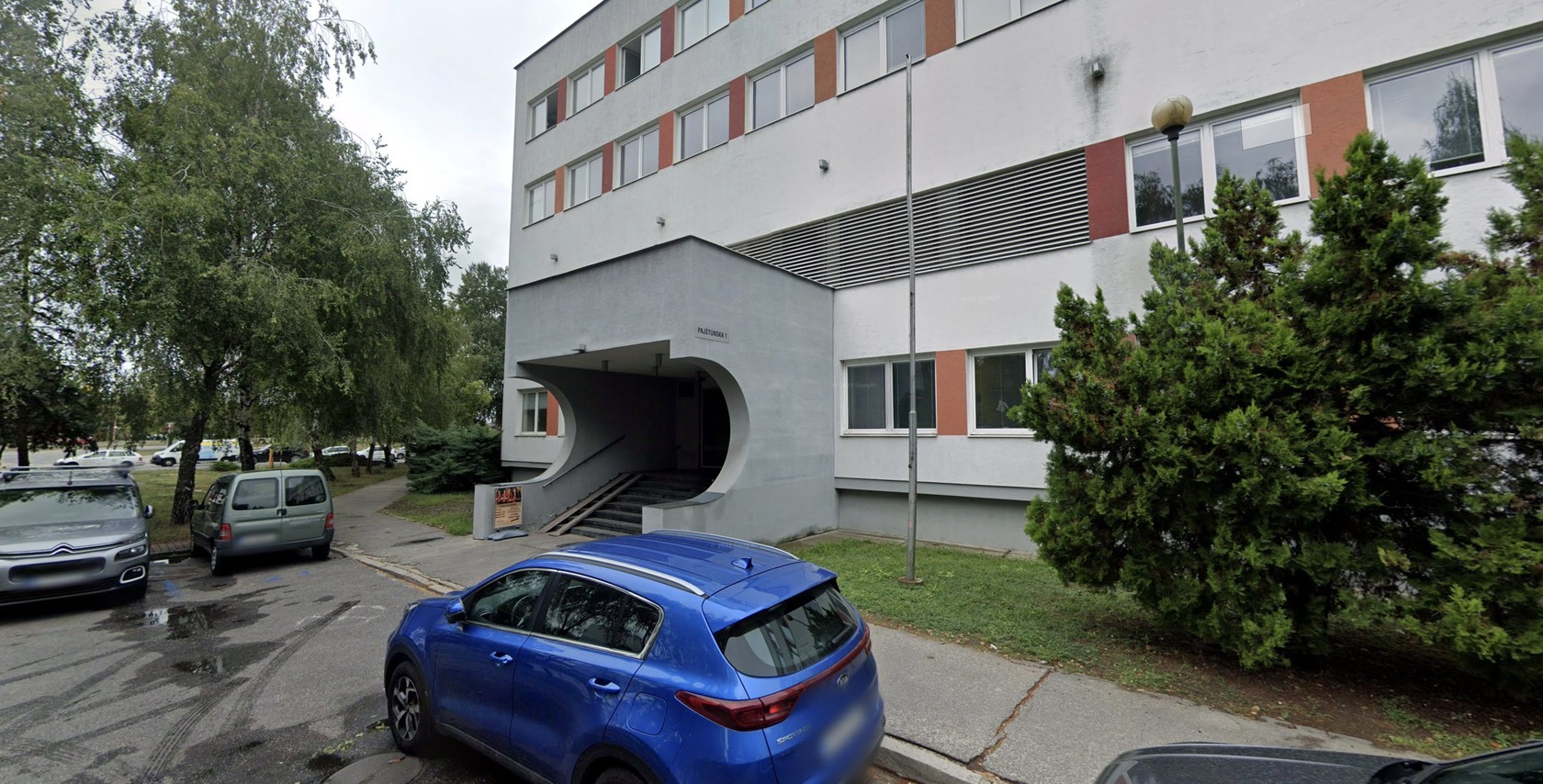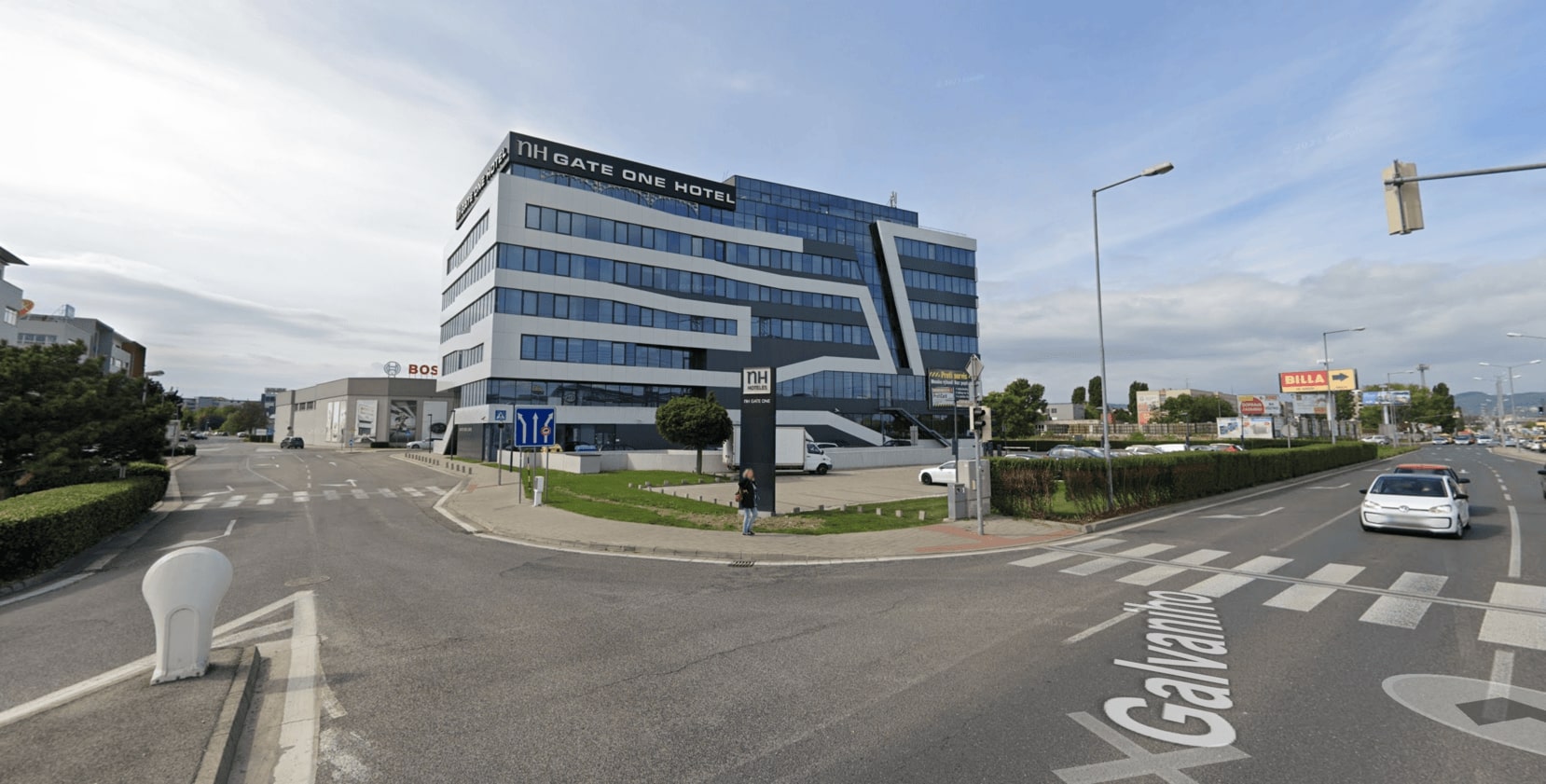What is Thai massage + effects
Before we look at contraindications, it is important to understand how Thai massage affects the body. It is a combination of massage techniques, strokes and stimulation of acupressure points. It has a firm place in the world of massage since it became widespread 2,500 years ago. The primary goal of Thai massage is to release muscle tension, improve circulation and clear blocked energy pathways.
If you haven’t had a traditional Thai massage before, it may be news to you that the client is wearing clothes during the treatment. While different from a traditional relaxing oil massage, it does offer a multitude of benefits:
- improves flexibility
- relieves pain, tension and stress
- improves blood circulation
- promotes relaxation
- helps to detoxify the body
- restores energy and vitality to the body
- helps improve sleep
Who can be harmed by Thai massage?
Although it can be beneficial for a number of people, there are certain groups who should avoid it. These include people suffering from arthritis, osteoporosis or heart disease. In all cases, Thai massage should be consulted with a general practitioner.
The second group is women in the advanced stages of pregnancy. Pressure on the abdomen and groin can be dangerous for the fetus. If they do decide to have a massage, a gentler massage while sitting or lying on their side is recommended. The obstacle is therefore the position and technique of the massage, not the massage itself.
As traditional Thai massage is intense in most cases, it should not be undertaken by those prone to bruising and bruising. For such people, bumping into the corner of the table is often enough to cause a bruise to appear on their leg. Point stimulation and various massage techniques could give them a lot of bruises. If you have this problem, consult a massage therapist and ideally a doctor as well.
Another group is those who are sensitive to pain and pressure. Everyone has a different pain threshold, and for some, this intense procedure can cause discomfort. We have several masseuses working in our salon and each uses a different strength (from 1 to 10) during the massage. Someone is a little 9, another can tolerate a maximum of 7. That is why you need to communicate and talk to the masseuse about your expectations before the massage.
People with coughs, colds, flu, infections or communicable diseases should not go for a massage (not just Thai). Not only can they infect others, massage is a procedure after which the body needs to recover. During illness, it is an added burden on the body.
Do you suffer from any of the above problems? Relax with a Thai massage in Bratislava
Anyone who is considering Thai massage and has a particular health problem should consult a massage therapist or doctor. At the consultation, any medical conditions that may be a hindrance are discussed.
If you are sure that you can get a Thai massage, book an appointment with us for the best massage in Bratislava! If traditional Thai massage doesn’t suit you, we also provide other types – herbal massage, oil massage, foot reflexology and much more. For more information, see our range of services.
